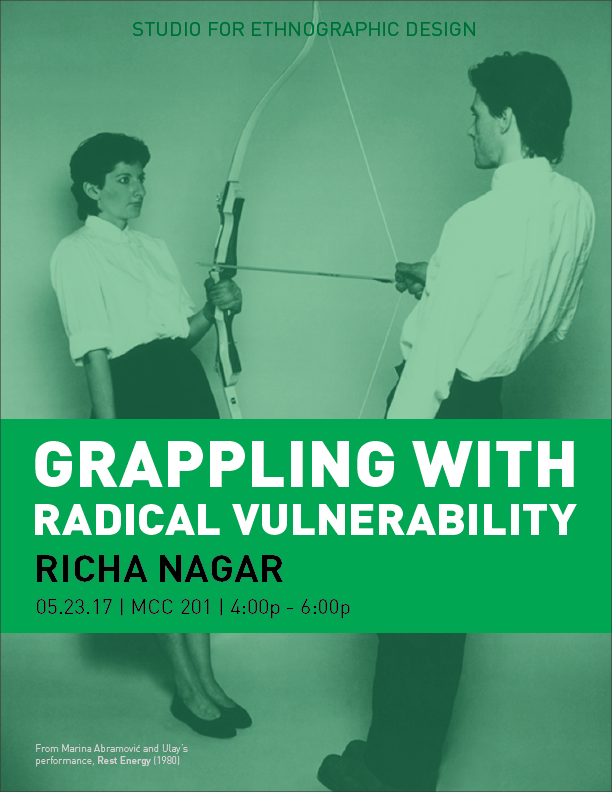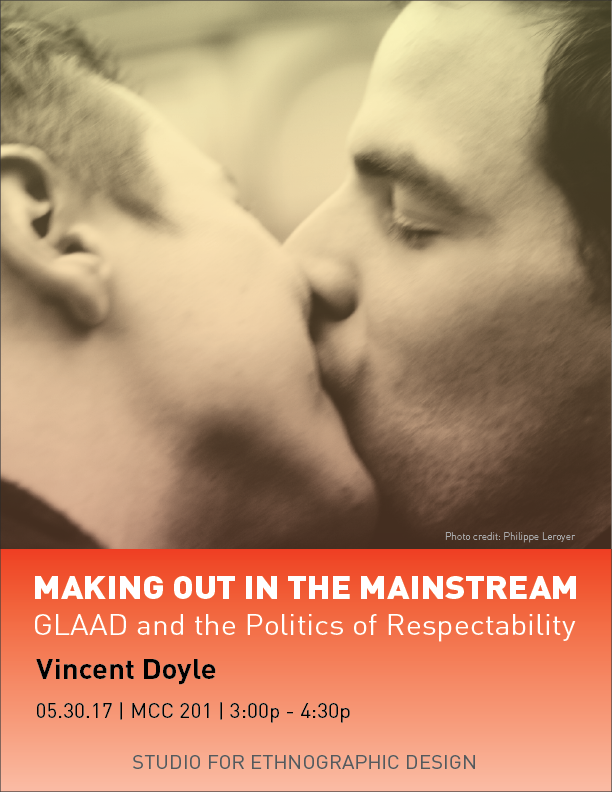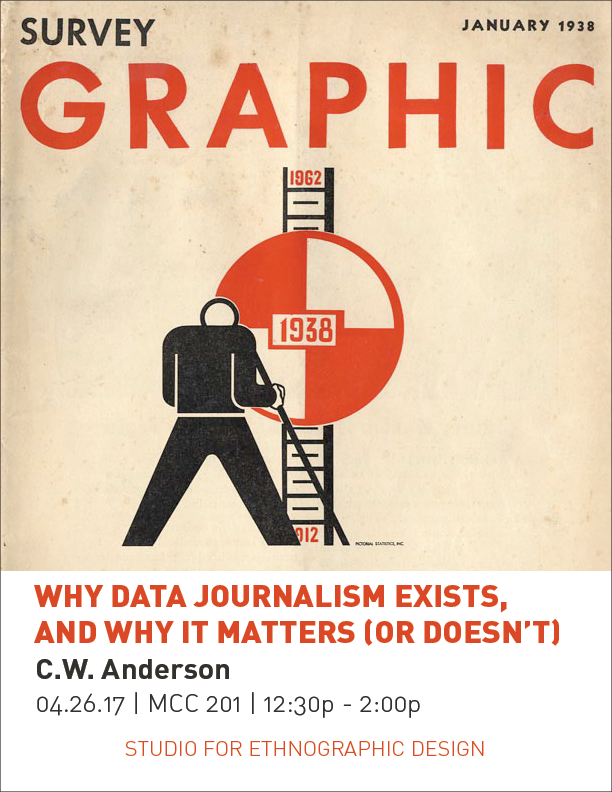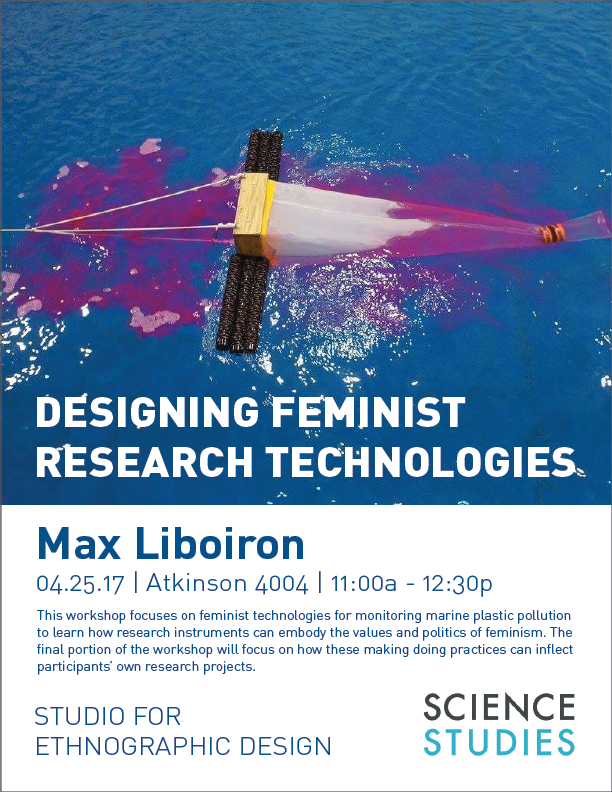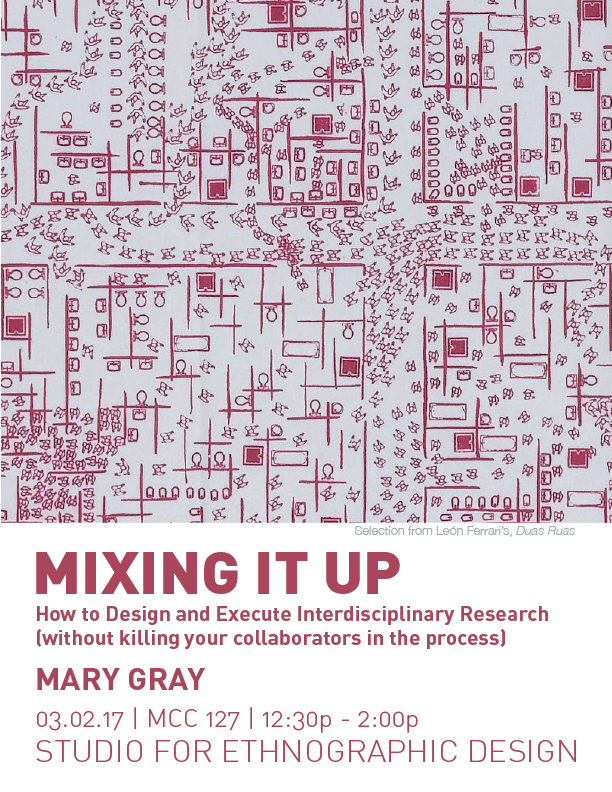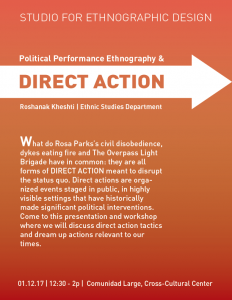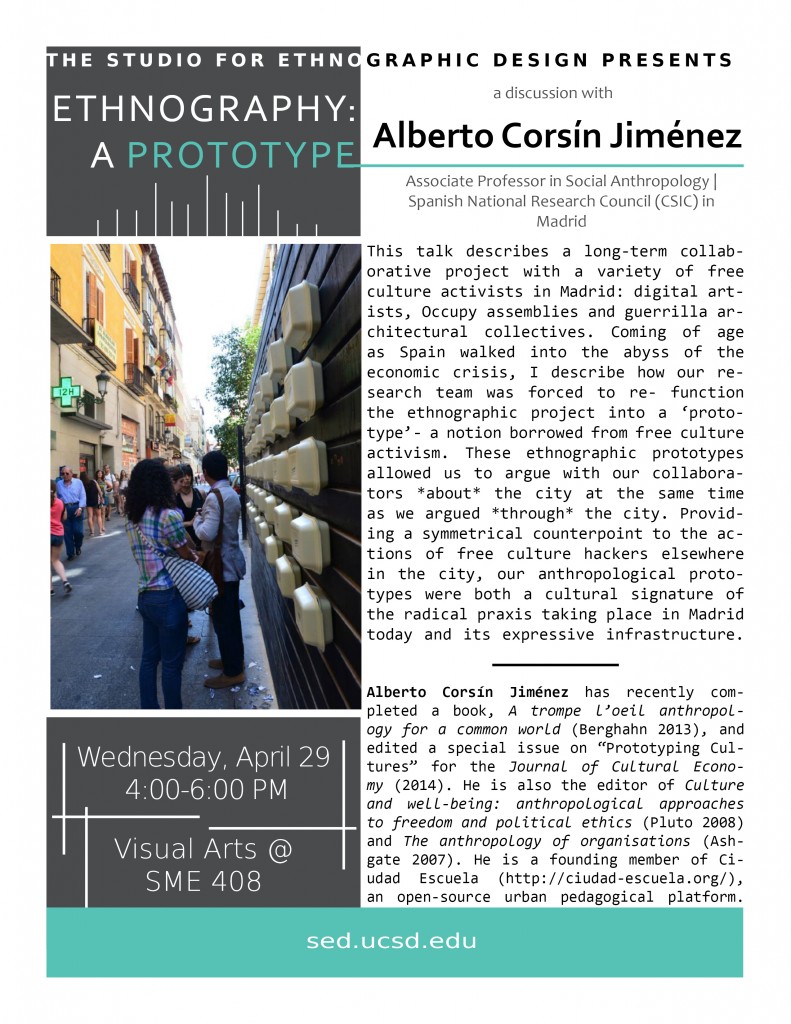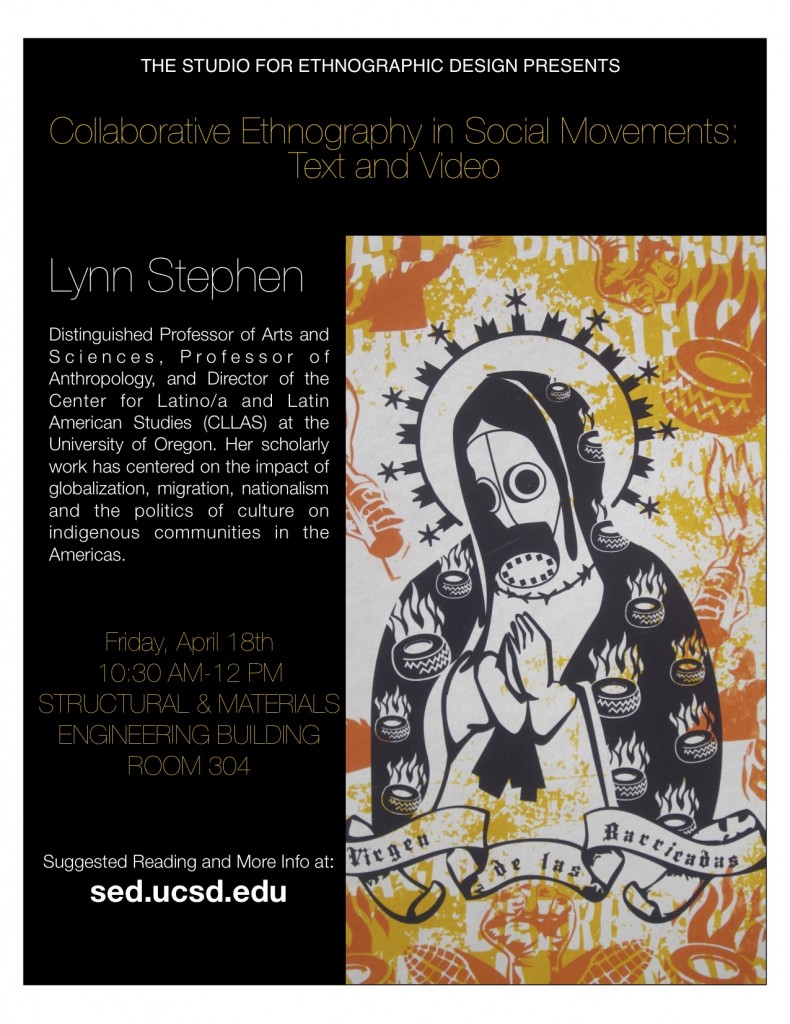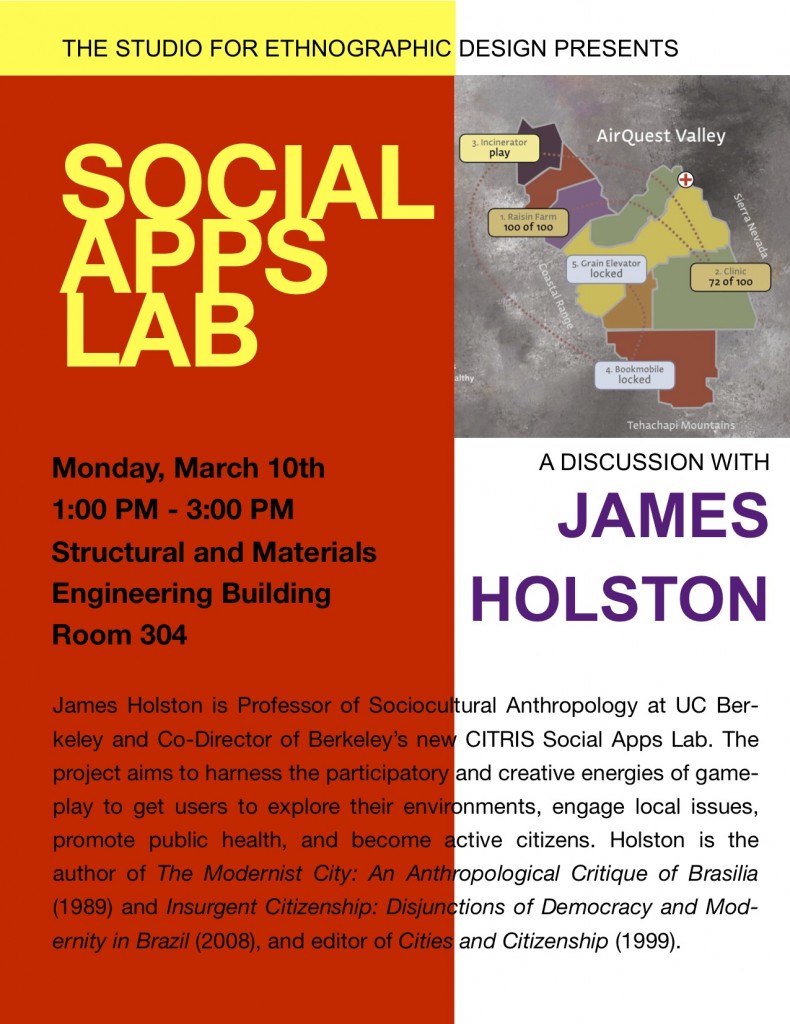A workshop with Richa Nagar
University of Minnesota
Author of Muddying the Waters: Coauthoring Feminisms Across Scholarship and Activism
Tuesday May 23 | 4p – 6p | MCC 201
Please join us for this special hands-on workshop with Richa Nagar. The workshop, to be led by Nagar, will focus on internalizing the practice/politics/poetics of radical vulnerability. To get the most out of the workshop Nagar has requested that participants read two short interviews, linked below. During the workshop we will draw on concepts that Nagar has developed to reflect on our own intellectual projects and epistemological/political struggles related to building alliances across scholarship and everyday lives and struggles. The readings offer a backdrop for the deeper hands-on work that we will do together.
RSVP
Food will be provided for those that RSVP here: https://goo.gl/forms/crjSIU2QSWWqzEau1
READINGS
Elizabeth Dauphinee’s interview with Nagar in the Journal of Narrative Politics
BIO
Richa Nagar is Professor of the College in the College of Liberal Arts at the University of Minnesota, and currently holds a Russell M. and Elizabeth M. Bennett Chair in Excellence and a Beverly and Richard Fink Professorship in Liberal Arts. Her multi-lingual and multi-genre research and teaching blends scholarship, creative writing, political theatre, and community activism to build alliances with people’s struggles and to engage questions of ethics, responsibility, and justice in and through knowledge making.
Richa’s co/authored or co/edited books in Hindi and English include: Sangtin Yatra: Saat Zindgiyon Mein Lipta Nari Vimarsh (2004), Playing with Fire: Feminist Thought and Activism through Seven Lives in India (2006), A World of Difference: Encountering and Contesting Development (2009), Critical Transnational Feminist Praxis (2010), Ek Aur Neemsaar: Sangtin Atmamanthan Aur Andolan (2012), Muddying the Waters: Coauthoring Feminisms Across Scholarship and Activism (2014), and Main aur Mera Man: Sharad Nagar (2016).
Richa was a fellow at the Center for Advanced Study in the Behavioral Sciences (CASBS) at Stanford in 2005-2006 and at the Jawaharlal Nehru Institute of Advanced Study (JNIAS) at New Delhi in 2011-2012. Her home department is Gender, Women, and Sexuality Studies.

